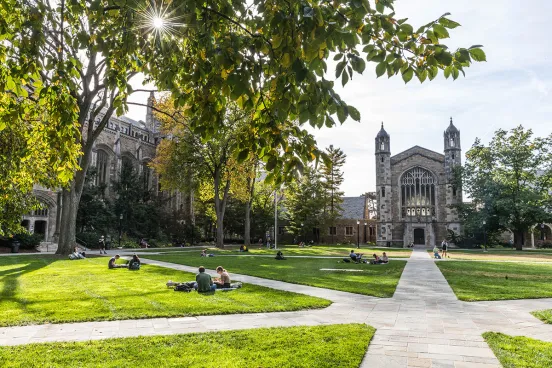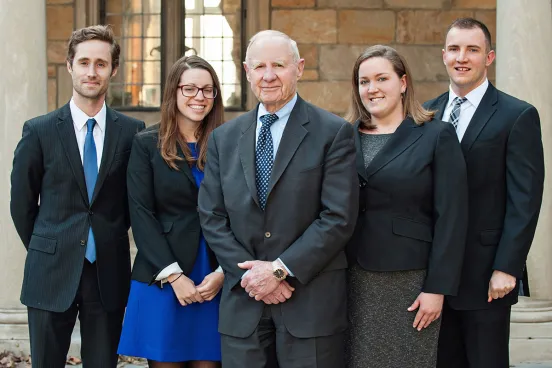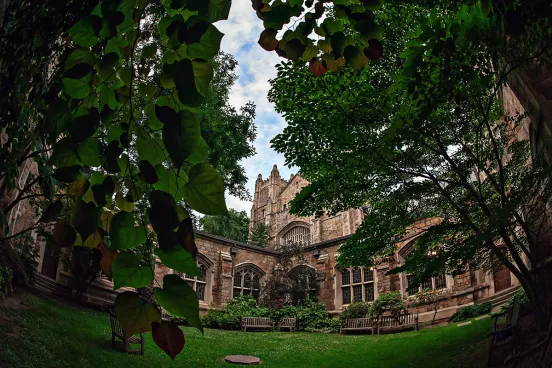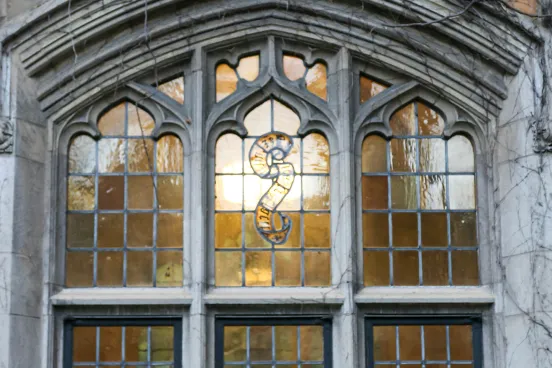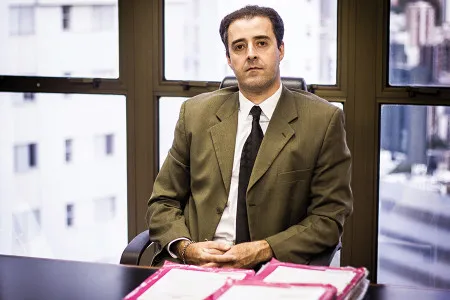
Michigan Law’s Human Trafficking Clinic is working with a university in Brazil to create a similar legal clinic there in which law students will represent people who have been forced into slave labor in South America’s largest country.
U-M and the Universidade Federal de Minas Gerais-UFMG School of Law have developed a memorandum of understanding that paved the way for the creation of the new clinic, which began operating in March.
“Unfortunately, Brazil is a source, a destination, and a transit point for men, women, and children subjected to human trafficking and slave labor,” says Carlos Henrique Haddad, a federal judge in Brazil and a member of the law faculty at UFMG. “I think the new clinic will help victims of slave labor in Brazil, and also that this is our opportunity to collaborate on international and cross-border cases.”
The collaboration came about when Haddad attended Michigan Law as a Michigan Grotius Research Scholar in fall 2014. U-M Human Trafficking Clinic Director Bridgette Carr, ’02, learned that Haddad had decided more than 50 cases involving slave labor, and the two began discussing ways the clinic’s model could be replicated in Brazil.
“I deeply admire Brazil’s efforts to combat slave labor,” Carr says. “They are leading the world in many areas—attacking slave labor in ways that we don’t see in other countries.
“In the United States, we want to believe the problem isn’t very large, and we want to believe the problem is always somewhere else—not in our own communities. But it’s in every community,” Carr adds. “Brazil, on the other hand, is a nation where they’re really grappling with the reality of slave labor in their country. They’ve moved past the doubt and are working to combat the problem.” In 1995, Brazil created an official system against slave labor. The Global Slavery Index 2013 report, published by the Walk Free Foundation, praised the country’s efforts.
Partnering with other universities around the world will help to combat human trafficking on a global level, Carr says. “We see in our own cases that traffickers cross borders, and legal solutions need to as well. We’ve represented clients from all over the world, including Brazil, who have been exploited in the United States. We can help them here, but traffickers are savvy enough to compel them through mechanisms back home. With international partnerships, we can take a tool away from traffickers.”
Initially, eight Brazilian students are participating in the UFMG clinic, which is run by Haddad and Professor Livia Miraglia. The clinic is not an exact replica of the Michigan Law clinic, or of its affiliated clinic in Mexico City, but it is based on a similar structure, in which students work with faculty members to represent victims of slave labor.
“At Michigan, I attended some of Professor Carr’s classes. I saw students who were highly engaged, and I saw a formidable conjunction between legal theory and development of practical skills,” Haddad says. “I’m very excited to adapt our clinic to our legal system.”
The clinic in Brazil is called Clinica de Trabalho Escravo e Trafico de Pessoas (Slave Labor and Human Trafficking Clinic). As the name of the clinic suggests, the terminology varies.
“Human trafficking is a newer name for what is a historical phenomenon,” Carr says. “It is also called slave labor, forced labor, debt bondage, involuntary servitude. At the core of all of those terms is an exploitation of a person for a service.”


